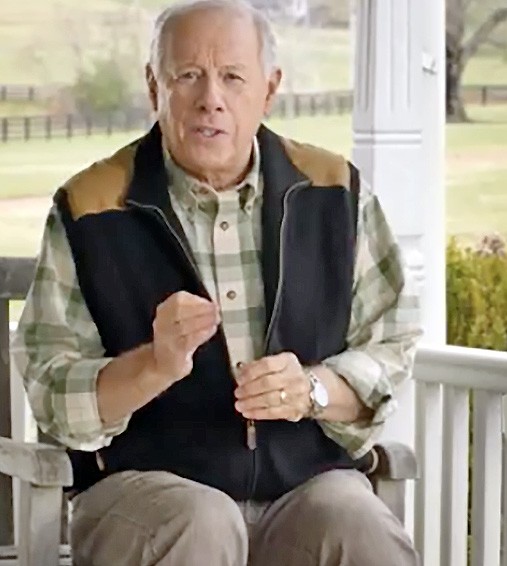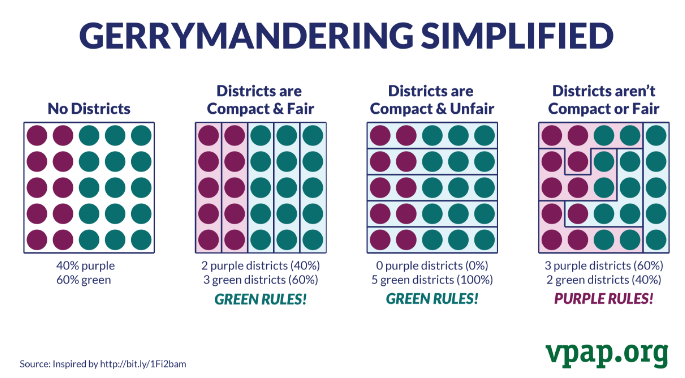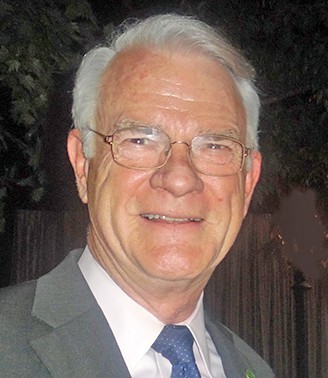The other shoe has dropped in the case of Phil Bredesen, now a full-fledged candidate for the U.S. Senate. The former governor of Tennessee from 2003 to 2011  JB
JB
Bredesen in his campaign-announcement video
and the last Democrat to hold major statewide office in this increasingly red state, Bredesen had been publicly flirting for at least two months with the idea of returning to active politics as a Senate candidate.
Founder of a highly successful health care enterprise in Nashville, Bredesen served several effective terms as mayor of that city and, after one unsuccessful race as Democratic nominee for governor in 1994, losing to Republican candidate Don Sundquist of Memphis, he was elected Tennessee’s chief executive on his second try in 2002, defeating the GOP’s Van Hilleary.
In his political races, Bredesen, a native of upstate New York, would joke about his origins elsewhere by saying, “I got here as soon as I could.”
While there are no sure things in politics, the entry of Bredesen is no doubt troubling news to fellow Nashville Democrat James Mackler, a lawyer and former Iraq war veteran who had previously declared for governor, as well as to state Republicans, now observing a potentially divisive race for the GOP Senate nomination between 7th District Congressman Marsha Blackburn and former 8th District Congressman Stephen Fincher.
The GOP establishment wasted no time in officially dissing Bredesen’s candidacy.
Scott Golden, chairman of the state Republican Party, issued a statement beginning with the statement that “[former Governor Phil Bredesen’s record represents the Tennessee of yesterday when Democrats labeled extreme unemployment rates, higher taxes, and a total lack of government transparency as ‘prospering,’” and going on to cite alleged improvements in the state’s circumstances since then.
And Michael McAdams, regional press secretary for the National Republican Senate Campaign Committee, greeted the former governor’s announcement by saying, “Phil Bredesen officially announced he’s running for U.S. Senate today, and national Democrats couldn’t be happier. Bredesen is exactly the type of big government liberal national Democrats love.”
Both statements are somewhat at variance with the actual political state of things during Bredesen’s incumbency. Far from being a “big government liberal,” Bredesen angered many in the liberal wing of his party by presiding over a period of enforced austerity, drastically pruning the state’s TennCare rolls and imposing across-the-board budget cuts that were one percent more severe than the ones recommended the year before by the ultra-conservative Blackburn, then a state senator.
Republicans were seriously hampered in their efforts to oppose Bredesen’s reelection in 2006 because, in the view of many observers, the Democratic Governor had in effect enacted the chief elements in the Republican platform of that time. Bredesen was opposed in 2006 by a GOP sacrificial lamb, state Senator Jim Bryson of Nashville, who lost badly.
It remains to be seen, of course, whether Bredesen, politically inactive since leaving the governor’s office (though he had publicly floated his availability for a cabinet position in the Obama administration) , will strike voters in 2018 as yesterday’s newspaper.
There is no doubting, however, that he posseses residual name recognition and will have financial and political support in his race that no other Democrat running statewide since his tenure in office as enjoyed. Moreover, the video in which he announced his candidacy seemed clearly in line with the conservative hues of Tennessee in 2017.
Referring to his background as a businessman, Bredesen declares in the video that “We all know Washington is broken..[while] back here in Tennessee, we have some real problems.” He boasts his resistance as governor to a state income tax and says, “The Affordable Care Act needs fixing.”
He laments that Congress is “immoral the way they keep borrowing money with no end in sight.,” and contends, “I’m running for the Senate because I have the right kind of experience and the actual track record that it will take to start working across party lines to fix the mess in Washington and bring common sense back to our government.”
 JB
JB 
 Jackson Baker
Jackson Baker  Jackson Baker
Jackson Baker  Jackson Baker
Jackson Baker 
